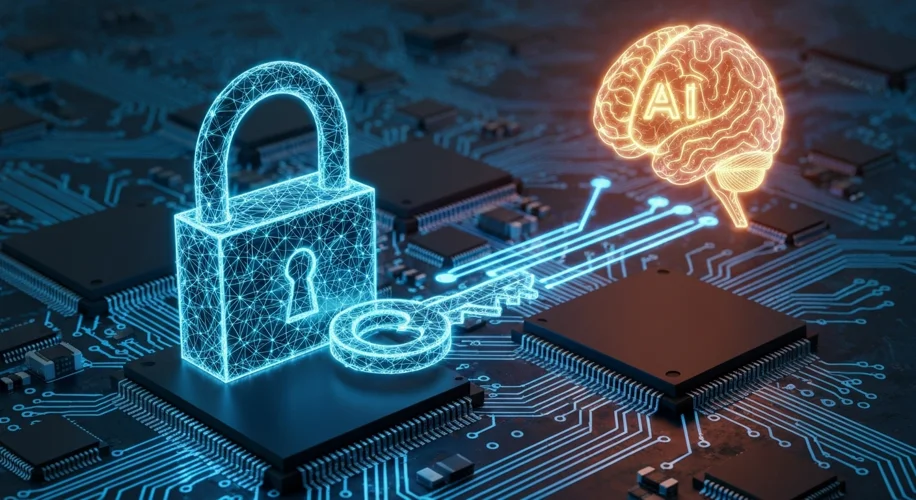It’s an interesting time in the world of artificial intelligence. The pace of development is incredible, but it also brings up familiar questions about intellectual property and the ethics of competition. We recently saw xAI file a lawsuit accusing a former employee of taking proprietary information related to their Grok AI model.
The suit alleges that this employee, who has since moved to OpenAI, downloaded a significant amount of data from xAI’s internal systems. This data purportedly includes information about Grok’s architecture, training methods, and performance metrics. The core of the accusation is that this information, which is considered highly valuable and confidential, was then used to benefit OpenAI.
This situation highlights a critical challenge in the fast-moving AI industry. Companies invest enormous resources – both in terms of capital and human expertise – to develop these sophisticated models. Protecting that investment through intellectual property rights is paramount. When an employee leaves, especially for a direct competitor, the transfer of knowledge and potentially proprietary data becomes a significant concern.
From my perspective, having spent many years in the tech industry, these kinds of disputes aren’t entirely new. We’ve seen similar situations arise in software development, hardware engineering, and countless other fields. The stakes are perhaps higher now because AI models represent such a significant leap in technological capability. The competitive advantage gained from unique algorithms or vast training datasets can be immense.
The legal system is designed to handle these disputes. The crux of the matter will likely be proving what specific information was taken, how it was used, and whether it directly benefited the new employer. Companies typically have strict policies in place regarding the handling of confidential information, and employees often sign non-disclosure agreements (NDAs) when they join.
What this case underscores is the need for a robust framework that balances innovation with fair competition and ethical conduct. As AI continues to advance at breakneck speed, these questions about intellectual property, data security, and the movement of talent will only become more critical. It’s a reminder that even in the most cutting-edge fields, fundamental principles of business conduct and legal protections remain essential. We need to ensure that the race for AI supremacy doesn’t come at the cost of integrity and established legal norms.

